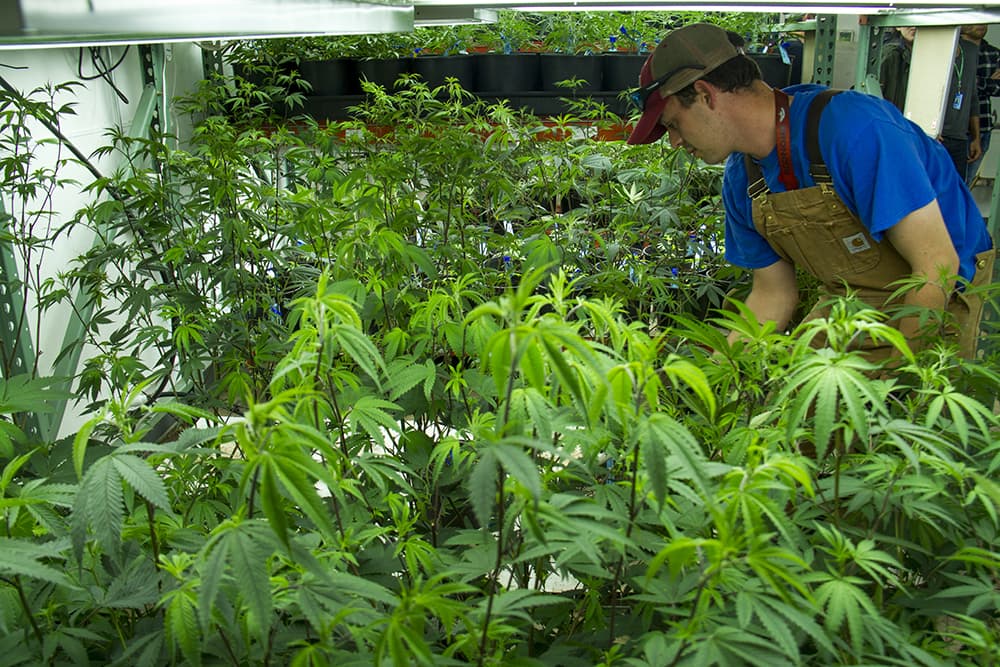
Marijuana workers generally aren't worried about the safety of their jobs selling joints, cultivating plants and testing edibles, according to a new study from Colorado researchers.
However, nearly a quarter (23 percent) of those working at Colorado's cannabis companies never receive health and safety training and education varies widely for those that do, according to the "Work and Well-Being in the Colorado Cannabis Industry" report.
The report recommends cannabis businesses develop, implement and repeatedly evaluate formal health and safety training programs for all industry workers.
The work and well-being report was published this month by Colorado State University doctoral student Kevin Walters, CSU psychology professors and an expert at the Colorado School of Public Health. The first-of-its-kind report used 2015 online survey data from 214 workers to look at the demographics, policies and perceptions of the Colorado cannabis industry.
"The general purpose of the research was to get a general sense of who is working in the industry and the issues they're facing," said Gwen Fisher, a report co-author and director of the Occupational Health Psychology program at CSU.
Colorado's marijuana industry is filled with mostly young, white men, according to the report. Seventy-eight percent of workers reported consuming cannabis at least once a day. Almost half (49 percent) said they used the drug before work at least once a week and 29 percent said they used it during work at least once a week.
"Workers generally viewed their health as only 'fair,' and reported a number of general health symptoms such as back pain; discomfort in hands, wrists and fingers; and knee pain. Additionally, a number of workers said they cough or bring up phlegm fairly regularly," the report states.
Researchers didn't know if workers' problems stemmed from their jobs or were pre-existing. The fact that two-thirds of workers had medical marijuana cards indicates that many employees could have ongoing health issues.
The top two health concerns raised by workers in the report were about air quality and the efficiency and comfort — what the lab coats call ergonomics — of the workplace.
Researchers pointed to the state's recently published "Guide to Worker Safety and Health in the Marijuana Industry" as a resource to learn more about potential air hazards.
Colorado cannabis companies have the opportunity to develop best practices for safety and health training rather than wait for a state or federal agency to weigh in, said Lili Tenney, co-author and deputy director of the Center for Health, Work & Environment at the Colorado School of Public Health.
Business & data reporter Adrian D. Garcia can be reached via email at [email protected] or twitter.com/adriandgarcia.
Subscribe to Denverite’s newsletter here.












